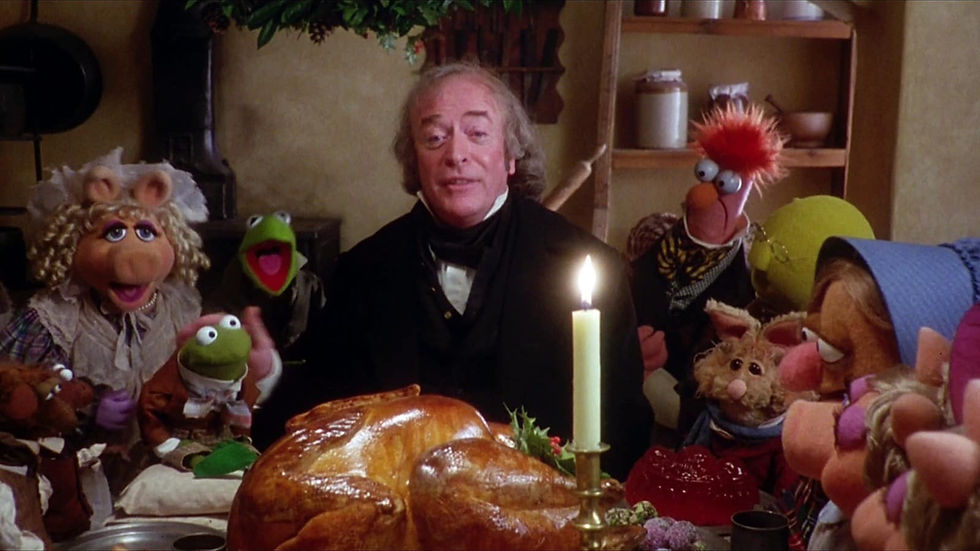Richard Burton
- Soames Inscker

- Mar 28, 2025
- 3 min read
Updated: Apr 4, 2025

The Charismatic Titan of Stage and Screen
Richard Burton was a Welsh actor whose deep, resonant voice and commanding presence made him one of the most celebrated actors of the 20th century. Known for his Shakespearean mastery, magnetic film performances, and tumultuous personal life—particularly his two high-profile marriages to Elizabeth Taylor—Burton left an indelible mark on both the stage and screen.
Early Life and Rise to Fame
Richard Burton was born Richard Walter Jenkins Jr. on November 10, 1925, in Pontrhydyfen, Wales. Raised in a working-class mining family, he displayed an early aptitude for language and literature. His talent was nurtured by his schoolmaster, Philip Burton, who became a mentor and later allowed the young actor to take his surname.
Burton won a scholarship to Oxford University, where he refined his craft before launching his acting career in the theatre. His breakthrough came in 1949 when he starred in The Lady’s Not for Burning alongside John Gielgud and Claire Bloom. This was followed by his acclaimed performance as Prince Hal in Henry IV, Part 1, solidifying his reputation as a formidable Shakespearean actor.
Hollywood Stardom
Burton transitioned to Hollywood in the 1950s, gaining international fame with My Cousin Rachel (1952) and The Robe (1953), one of the first films shot in Cinemascope. His rugged good looks and brooding intensity made him a sought-after leading man.
The 1960s were the pinnacle of Burton’s film career. He starred in Cleopatra (1963), opposite Elizabeth Taylor, a film that marked the beginning of their legendary romance. Burton’s on-screen and off-screen chemistry with Taylor captivated audiences, and they went on to co-star in several films, including The V.I.P.s (1963), The Sandpiper (1965), and Who’s Afraid of Virginia Woolf? (1966), the latter earning him one of his seven Academy Award nominations.
Despite being nominated multiple times, Burton never won an Oscar, a surprising fact considering his immense talent. However, his performances in films such as Becket (1964), The Spy Who Came in from the Cold (1965), and Equus (1977) remain some of the finest in cinema history.
Relationship with Elizabeth Taylor
Burton’s love affair with Elizabeth Taylor was one of Hollywood’s most famous romances. They married twice, first in 1964 and then again in 1975 after a brief divorce. Their relationship was marked by passion, excess, and volatility, with lavish spending, constant media attention, and legendary fights. Despite their challenges, they remained deeply connected until Burton’s death.
Later Years and Legacy
Burton continued to work in film, television, and theatre until his passing. Though his later career saw a mix of successful and forgettable roles, his talent remained undeniable. He returned to the stage with a triumphant performance in Camelot in 1980, proving his theatrical prowess had not waned.
Richard Burton passed away on August 5, 1984, from a cerebral hemorrhage at the age of 58. His legacy as one of the greatest actors of his generation endures, with his Shakespearean performances and powerful screen presence continuing to inspire actors and audiences alike.
Conclusion
Richard Burton was more than just a talented actor—he was a force of nature. His powerful voice, intellectual depth, and commanding screen presence made him an unforgettable figure in film and theatre. Whether through his Shakespearean mastery or his iconic film performances, Burton remains one of the most respected actors of all time. His life, filled with triumphs and tragedies, continues to captivate those who admire the art of performance.




